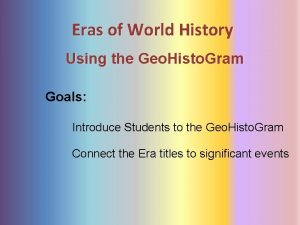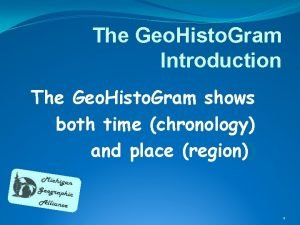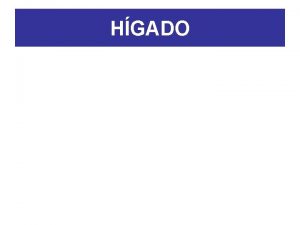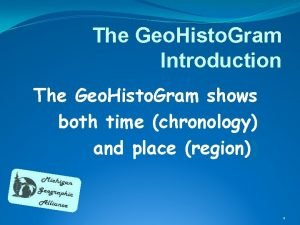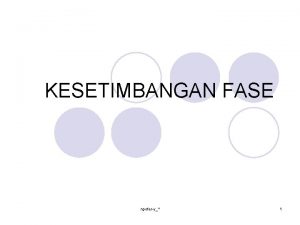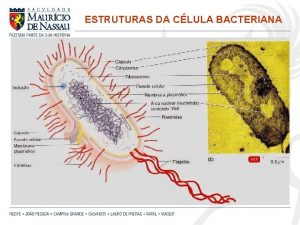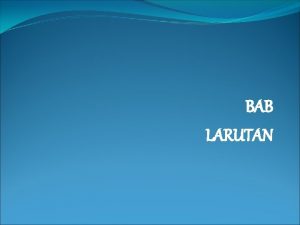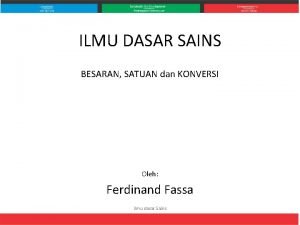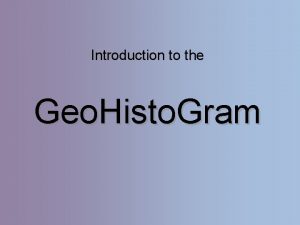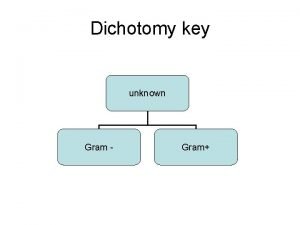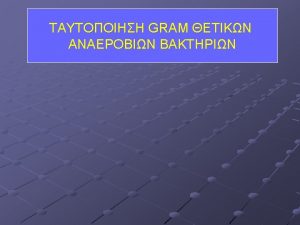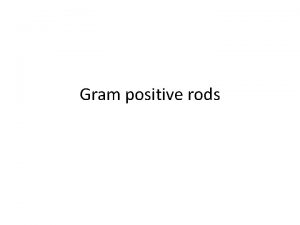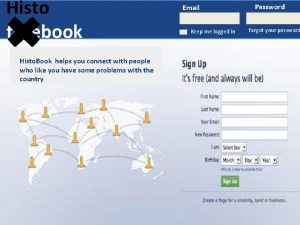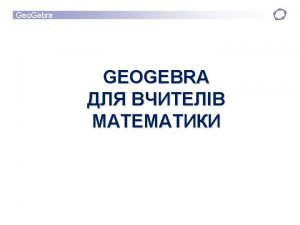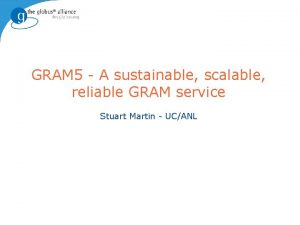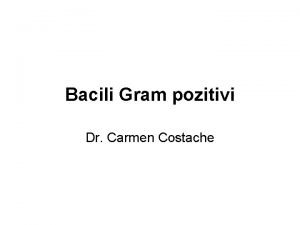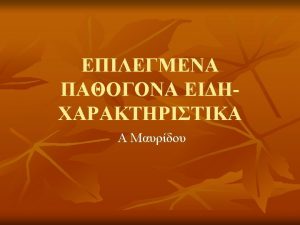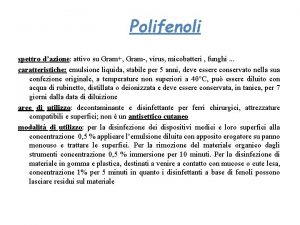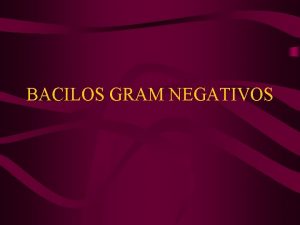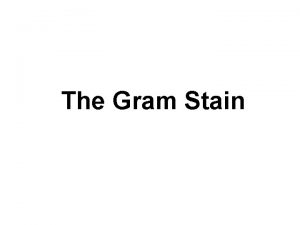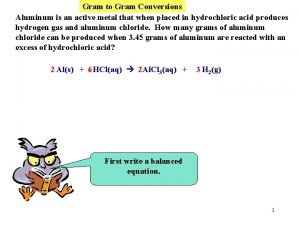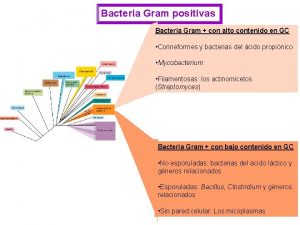The Geo Histo Gram Introduction The Geo Histo





































- Slides: 37

The Geo. Histo. Gram Introduction The Geo. Histo. Gram shows both time (chronology) and place (region))

Activity 3: Anchor Points on the Geo. Histo. Gram 2

Anchor Points I can locate places and dates on the Geo. Histo. Gram I can use pictures of important events as anchor points in world history. 3

Anchor Points We will mark the positions of a few pictures of key events in history. We’ll call these sevents our Anchor Points. Instead of memorizing separate facts, we can connect new facts to what we already know. Then, when we learn about new events, we can see where and when they happen in relation to the Anchor Points. 4

Anchor Points I will need: • • • Geo. Histo. Gram Worksheet Marker 5

Anchor Points Era 1: Beginnings of Human Society Walls of Jericho: Jericho is one of the oldest inhabited cities in the world, located near the Jordan River in the Middle East. 6

Anchor Points Era 1: Beginnings of Human Society Walls of Jericho: Building in Jericho began sometime before 9000 BCE. 7

Anchor Points Era 1: Beginnings of Human Society Walls of Jericho What era and what region is represented here? Write the era and region on your worksheet. 8

Anchor Points Walls of Jericho Write J (Jericho) on the correct place on your Geo. Histo. Gram. J 9

Anchor Points Era 2: Early Civilizations; Code of Hammurabi A well-preserved Babylonian code of law of ancient Mesopotamia located in the Middle East written on a clay tablet. 10

Anchor Points Era 2: Early Civilizations: Code of Hammurabi It dates back to about 1754 BCE. What era and what region is represented here? Write the era and region on your worksheet. 11

Anchor Points Code of Hammurabi Write H (Hammurabi) on the correct place on your Geo. Histo. Gram. H J

Anchor Points Era 2: Early Civilizations Qin Dynasty Emperor Qin Shi Huang founded the Qin dynasty of China, lasting from 221 to 207 BC. Terracotta Warriors found in tomb of Qin Shi Huang(photo: Neka. Pearl, CC: BY-NC 132. 0)

Anchor Points Era 2: Early Civilizations Qin Dynasty The Terracotta Warriors (sculptures of the emperor’s armies) were buried with him as protection. Terracotta Warriors found in tomb of Qin Shi Huang(photo: Neka. Pearl, CC: BY-NC 142. 0)

Anchor Points Era 2: Early Civilizations Qin Dynasty What era and what region is represented here? Write the era and region on your worksheet. Terracotta Warriors found in tomb of Qin Shi Huang(photo: Neka. Pearl, CC: BY-NC 152. 0)

Anchor Points Qin Dynasty Write Q (Qin) on the correct place on your Geo. Histo. Gram. Q H J 16

Anchor Points Era 3: Classical Traditions; World Religions; Major Empires Statue of Caesar Augustus, First Emperor of Rome 17

Anchor Points Era 3: Classical Traditions; World Religions; Major Empires Caesar Augustus He controlled the Roman Empire from 27 BCE To 14 CE. It was the beginning of the Pax Romana. 18

Anchor Points Caesar Augustus Write R (Roman Empire) on the correct place on your Geo. Histo. Gram. R Q H J 19

Anchor Points Era 4: Expanding and Intensified Hemispheric Interactions Quba Mosque, one of the earliest built. Muhammed was the founder of the Islamic religion 20

Anchor Points Era 4: Expanding and Intensified Hemispheric Interactions Quba Mosque, one of the earliest built. This mosque was built by Muhammad in Medina, Saudi Arabia ~622 CE 21

Anchor Points Era 4: Expanding and Intensified Hemispheric Interactions Quba Mosque What era and what region is represented here? Write the era and region on your worksheet. 22

Anchor Points Quba Mosque Write I (Islam) on the correct place on your Geo. Histo. Gram. I R Q H J 23

Anchor Points Era 4: Expanding and Intensified Hemispheric Interactions Drawing of Warrior on Horse, Mongolian Horde Genghis Khan led the Mongol invasions 24

Anchor Points Era 4: Expanding and Intensified Hemispheric Interactions The Mongols came from Central Asia. The warriors spread east and west, conquering much of Eurasia in the 13 th century. 25

Anchor Points Era 4: Expanding and Intensified Hemispheric Interactions Drawing of Warrior on Horse, Part of the Mongolian Horde What era and what regions are represented here? Write the era and regions on your worksheet. 26

Anchor Points M I Warrior on Horse, Mongolian Horde Write M (Mongols) on the correct places on your Geo. Histo. Gram. R Q H J 27

Anchor Points Era 4: Expanding and Intensified Hemispheric Interactions Painting of Christopher Columbus Landing in the Americas 28

Anchor Points Era 4: Expanding and Intensified Hemispheric Interactions Christopher Columbus set sail from Spain 1492, and reached the Americas. 29

Anchor Points Era 4: Expanding and Intensified Hemispheric Interactions Christopher Columbus What era and what regions are represented here? Write the era and regions on your worksheet. 30

Anchor Points C M Christopher Columbus Write C on the correct place on your Geo. Histo. Gram. I R Q H J 31

Anchor Points Quick Review: Jericho was a very early settlement in the Middle East H J C The Code of Hammurabi was the law in Babylon M The Qin Dynasty was the Q first major empire of China The Roman Empire spread across R Europe and North Africa Islam was founded by Mohammed and spread throughout the Middle East and North Africa. Mongol Warriors led by Genghis M Kahn conquered much of Eurasia. Christopher Columbus led European C exploration of the New World. I R Q I H J 32

Use your worksheet and the Geo. Histo. Gram to answer these questions. 1. What civilizations were in existence during the period of the Roman Empire? 2. What regions to the west did the Mongolian Warriors conquer? 3. What did European countries begin to do after the discovery of the New World? 33

Use your worksheet and the Geo. Histo. Gram to answer these questions. 1. What civilizations were in existence during the period of the Roman Empire? Parthia, Kushan, Aksum, Three Kingdoms, Yamato 2. What regions to the west did the Mongolian Warriors conquer? 3. What did European countries begin to do after the discovery of the New World? 34

Use your worksheet and the Geo. Histo. Gram to answer these questions. 1. What civilizations were in existence during the period of the Roman Empire? Parthia, Kushan, Aksum, Three Kingdoms, Yamato 2. What regions to the west did the Mongolian Warriors conquer? Middle and Europe 3. What did European countries begin to do after the discovery of the New World? 35

Use your worksheet and the Geo. Histo. Gram to answer these questions. 1. What civilizations were in existence during the period of the Roman Empire? Parthia, Kushan, Aksum, Three Kingdoms, Yamato 2. What regions to the west did the Mongolian Warriors conquer? Middle and Europe 3. What did European countries begin to do after the discovery of the New World? Explore and colonize the New World (Imperialism) 36

Copyright 2017, Michigan Geographic Alliance Teachers who download this presentation from our internet site have permission to make a copy on their own computers for these purposes: 1. to show the presentation in their own classrooms or to colleagues or at teacher conferences (with attribution). 2. to modify it or use individual frames (with attribution) in their own class or conference presentations. For permission for any other use, including posting frames on a personal blog or uploading to any network or website, contact mga@cmich. edu
 Geohistogram
Geohistogram Geohistogram
Geohistogram Histo
Histo Histo
Histo Histo
Histo Connective tissue
Connective tissue Geohistogram
Geohistogram Bactrias
Bactrias 20 gram fenol dicampur dengan 30 gram air
20 gram fenol dicampur dengan 30 gram air Eubatteri
Eubatteri 20 gram fenol dicampur dengan 30 gram air
20 gram fenol dicampur dengan 30 gram air Grams to gram
Grams to gram Endoflagelos
Endoflagelos 30 gram asam asetat (bm=60) dilarutkan dalam 45 gram air
30 gram asam asetat (bm=60) dilarutkan dalam 45 gram air Pseudomiselium
Pseudomiselium Kwintal
Kwintal Flagelo
Flagelo Hình ảnh bộ gõ cơ thể búng tay
Hình ảnh bộ gõ cơ thể búng tay Lp html
Lp html Bổ thể
Bổ thể Tỉ lệ cơ thể trẻ em
Tỉ lệ cơ thể trẻ em Voi kéo gỗ như thế nào
Voi kéo gỗ như thế nào Chụp phim tư thế worms-breton
Chụp phim tư thế worms-breton Hát lên người ơi
Hát lên người ơi Các môn thể thao bắt đầu bằng tiếng bóng
Các môn thể thao bắt đầu bằng tiếng bóng Thế nào là hệ số cao nhất
Thế nào là hệ số cao nhất Các châu lục và đại dương trên thế giới
Các châu lục và đại dương trên thế giới Công thức tính độ biến thiên đông lượng
Công thức tính độ biến thiên đông lượng Trời xanh đây là của chúng ta thể thơ
Trời xanh đây là của chúng ta thể thơ Cách giải mật thư tọa độ
Cách giải mật thư tọa độ Phép trừ bù
Phép trừ bù Phản ứng thế ankan
Phản ứng thế ankan Các châu lục và đại dương trên thế giới
Các châu lục và đại dương trên thế giới Thể thơ truyền thống
Thể thơ truyền thống Quá trình desamine hóa có thể tạo ra
Quá trình desamine hóa có thể tạo ra Một số thể thơ truyền thống
Một số thể thơ truyền thống Bàn tay mà dây bẩn
Bàn tay mà dây bẩn Vẽ hình chiếu vuông góc của vật thể sau
Vẽ hình chiếu vuông góc của vật thể sau
